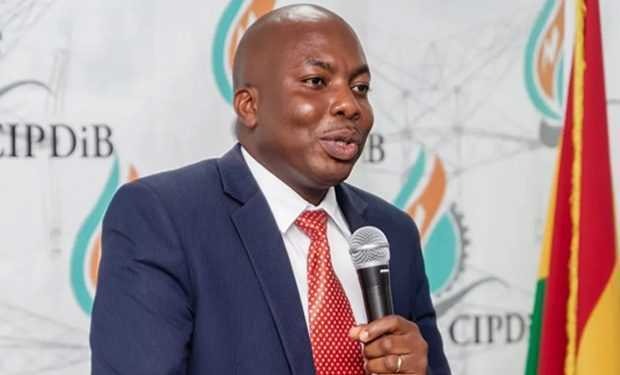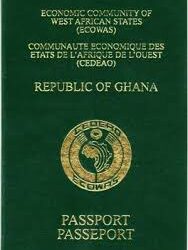The Chief Executive Officer (CEO) of the Independent Power Generators, Ghana (IPGG), Dr. Elikplim Kwabla Apetorgbor, has appealed to the Ministry of Energy to reconsider its decision to reject their request to include them in the Cash Waterfall Mechanism Committee.
The IPGG said that the earlier appeal to be included was rejected by the Ministry.
In a statement, they explained that their inclusion, if permitted, will not just be about representation but also enhance the sector’s integrity, efficiency, and ultimately, its contribution to national development.
The Cash waterfall payment is a payment system that allows debtors pay higher-tiered creditors their full interest and principal first before lower-tiered creditors receive their own principal and interest payment.
Debtors usually structure this mechanism into tranches in order to prioritize and finance the loans with the highest debt obligations, principal and interest inclusive. The idea is that the most expensive debts should be serviced first.
In July, 2017, Cabinet approved the implementation of CWM as a new revenue distribution system to address the increasing legacy debts in the energy sector.
This mechanism is part of a wider strategy to ensure an equitable distribution of energy sector revenues to all stakeholders in the value chain as the ministry plans to put an end to the practice where some power producers are given priority over others in terms of financing.
In a statement, the CEO of the IPGG Dr. Elikplim Kwabla Apetorgbor, said “In the turn of events, our appeal to the Ministry of Energy for representation on the Cash Waterfall Mechanism Committee has been regrettably denied, despite the critical role we play as major stakeholders in the power sector.
“This committee plays a pivotal role in overseeing the distribution and management of revenues, ensuring transparency and accountability within the sector. The presence of all significant interested State-Owned Enterprises (SOEs)- VRA, GRIDCO, ECG, GNPC and others on this committee, except for ours, underscores a concerning oversight by the Ministry. Our exclusion not only sidelines an essential voice but also hampers our collective ability to secure a sustainable and equitable energy future.”
He added “As such, we call upon the Ministry of Energy to reconsider its stance and acknowledge the invaluable insights and contributions we stand ready to offer. This inclusion is not just about representation; it is about enhancing the sector’s integrity, efficiency, and ultimately, its contribution to national development.”






